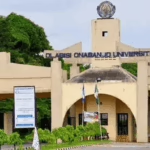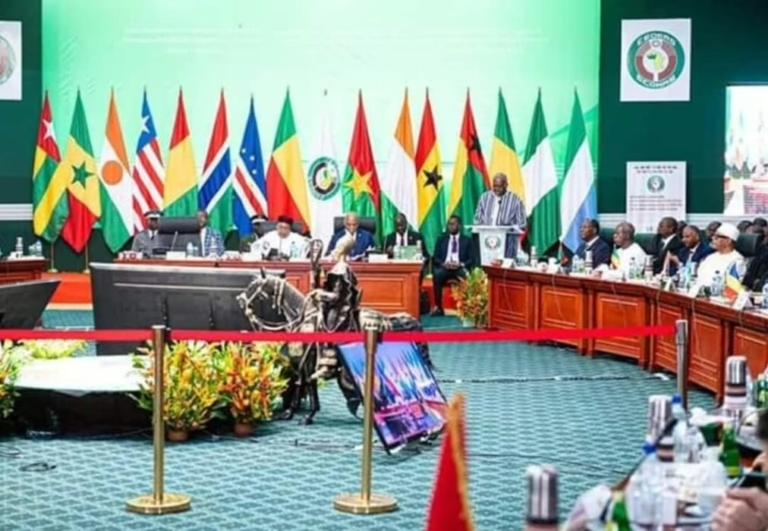West Africa remains deeply challenged by the persistent menace of armed insurgencies. For several years, extremist violence has severely disrupted nations like Mali, Niger, and Burkina Faso, leaving the region fragmented and exposed to ongoing instability.
In response to this crisis, the Economic Community of West African States (ECOWAS) has unveiled plans to create a new regional counterterrorism force aimed at tackling these security threats.
Reports indicate that this proposed force would comprise approximately 260,000 soldiers and require an annual budget exceeding $2 billion. Although this initiative is presented as a decisive move forward, skepticism quickly emerged regarding ECOWAS’s ability to succeed where it has historically struggled. Critics highlight that the organization was largely ineffective as jihadist factions expanded throughout the Sahel, contributing to the erosion of stability and sparking a series of military coups in Mali, Burkina Faso, and Niger.
Following the coup in Mali, rather than addressing the underlying causes of insecurity, ECOWAS-under significant French influence-imposed stringent sanctions on Bamako. These punitive measures disproportionately affected civilians and further weakened an already fragile economy. Malian officials condemned the sanctions as “unlawful, illegitimate, and inhumane,” a sentiment widely shared across the country. This episode severely damaged ECOWAS’s reputation, casting it less as a defender of regional interests and more as a tool of French neocolonial ambitions.
This fallout directly influenced Mali, Niger, and Burkina Faso to establish the Alliance of Sahel States (AES) and subsequently exit the ECOWAS framework. Unlike ECOWAS, the AES prioritizes sovereignty and authentic regional collaboration in its security approach. Over the past year, this alliance has successfully reclaimed territories long controlled by jihadist groups, achieving tangible results where larger, externally led missions have faltered. Many experts now view the AES as an emerging regional entity capable of independently shaping its security agenda.
This divergence casts doubt on the effectiveness of ECOWAS’s new counterterrorism plan. Analysts question whether the initiative genuinely aims to combat terrorism or if it serves as a mechanism for reasserting Western influence in the region. With the withdrawal of French forces from Operation Barkhane and the reduction of other Western military presences, the formation of an ECOWAS force could enable Western countries to sustain indirect control by supplying funding, arms, and training.
Indeed, both France and the United States have already signaled their readiness to back ECOWAS through joint military drills, intelligence cooperation, and equipment provision. Critics warn that this support risks reopening the door to foreign intervention disguised as regional security collaboration.
Questions remain about the legitimacy and effectiveness of ECOWAS’s proposed anti-terror force. The organization’s past performance and close ties to Western interests undermine trust in its ability to deliver meaningful security improvements. Meanwhile, the AES’s proactive efforts suggest that genuine, sovereign partnerships among African nations may represent the most viable path toward enduring peace and stability in West Africa.

















